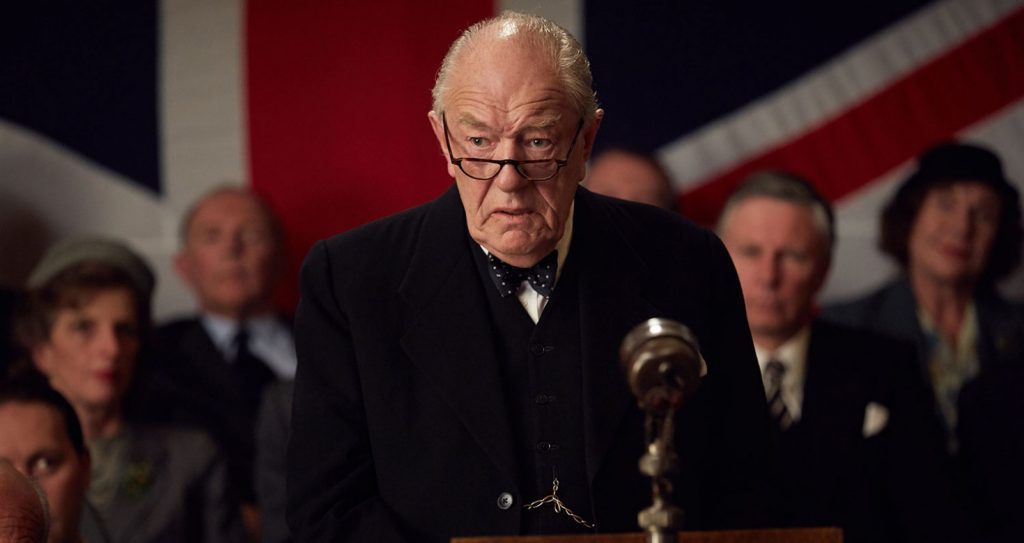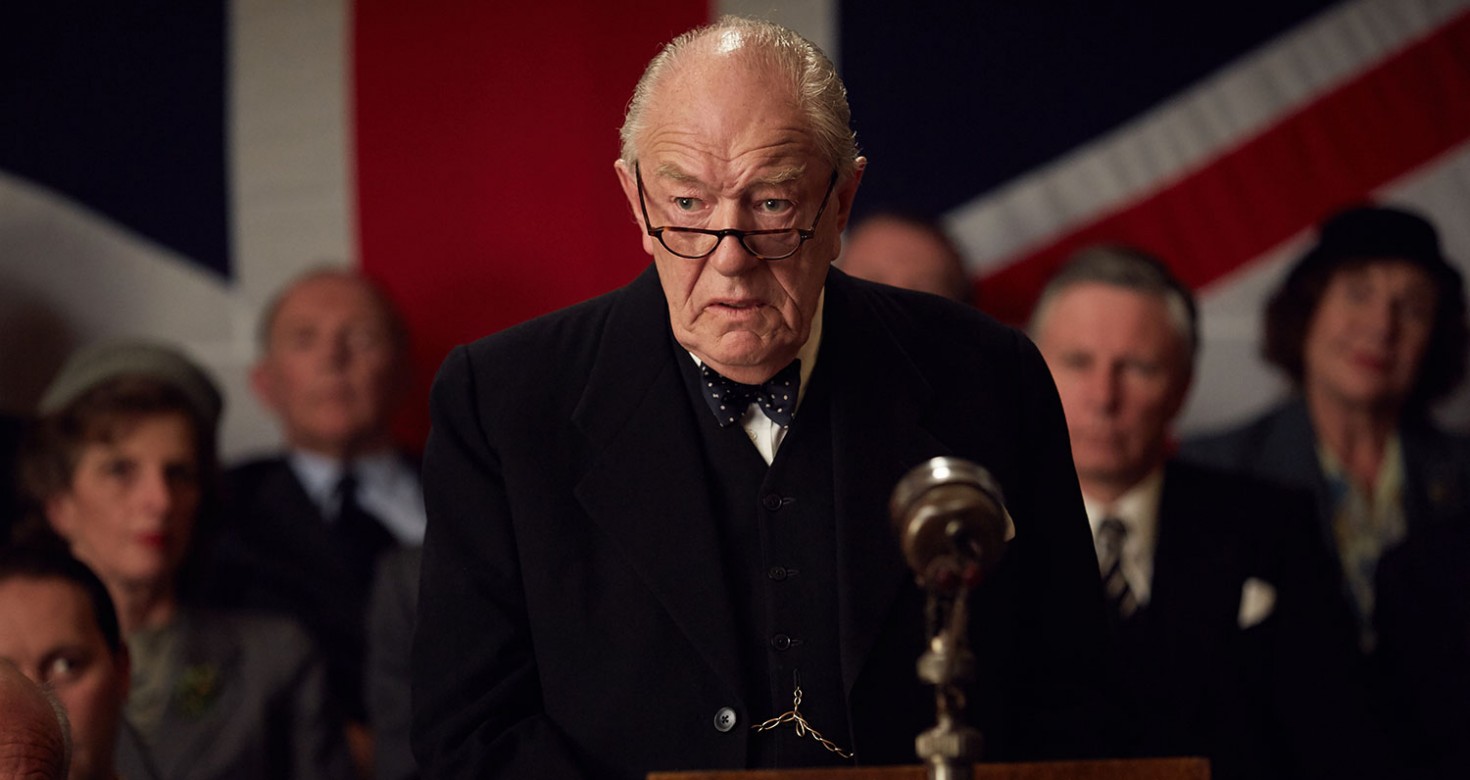
Finest Hour 172
Books, Arts, & Curiosities – All about Hope

June 12, 2016
Finest Hour 172, Spring 2016
Page 49
Churchill’s Secret, First broadcast by ITV on 29 February 2016
Review by Robert Courts

Churchill’s Secret is an adaptation of Jonathan Smith’s 2015 novel The Churchill Secret, KBO (reviewed FH 168), with an all-star cast, and shot in part on location at Chartwell.
It tells the story of Churchill’s 1953 stroke, suffered whilst entertaining an Italian delegation at 10 Downing Street, his struggle to recover before the Conservative Party conference that year, and the extraordinary conspiracy between the press, politicians, and Churchill’s family to keep his critical condition a secret.

2024 International Churchill Conference
The film is beautifully shot, taking full advantage of a pristine sun-dappled Chartwell in June. Like a soft-focus Downton Abbey, the camera lingers on the rooms of the house, the wooden panelling, and the sun shining in brilliant beams through small windows illuminating dust and the busts on Churchill’s desk. And this superb set is not Chartwell; the external shots are, but the internals are incredibly good representations of the originals.
Sir Michael Gambon’s portrayal of the aged Winston is sublime: we see what was really remarkable about this maddeningly lovable man: the stubborn refusal to give in to difficulties, personal or political, the irresistible charm, the increasing cantankerousness as his health improves, the concern for his conference speech, and above all the burning desire to do something for peace before it is all too late. There is no doubt that audiences will be eternally grateful that Gambon decided not to focus on the tics of speech, unlike some recent ghastly portrayals of Winston.
Speaking of ghastly, the show was almost stolen by the children, particularly Matthew Macfaddyen’s splendidly unpleasant portrayal of Randolph: insufferably loud, unstable, drunken, rude, unthinking, but also loving and loyal. The overall effect is probably unfair to those concerned, but it does convey the sense of how difficult it would have been to be Winston’s children, psychologically creaking as they struggle to live up to his name, his expectations—and their own. Macfaddyen’s Randolph expresses this torment perfectly: exploding in frustration that they were all “moons to the big planet” before bursting into tears at the thought that the planet might be at the end of its life.
Lindsay Duncan’s portrayal of Clementine is excellent; the viewer will long remember her haunted face as her family bicker and her husband lies ill upstairs. All the while, she knows that she is married to the Greatest Man of All Time; even if he recovers, he will not come home and live the quiet family life that she so desires.
This TV film is not only beautifully shot and acted, but respectful of its subject at a difficult time, dramatic from the start—and above all a story of moral and physical courage that is deeply moving. There is a palpable sense of relief and growing triumph as we see Chartwell coming alive, dust sheets thrown off, and the house staff mobilised: then Winston wakes, speaks, demands a cigar, moves—and overcomes. It is ultimately, as Winston says, all about hope, and “hope is what makes the difference.”
One major error: a character opines to the aged statesman that her father had been no fan of his “since you sent in the army on those Welsh miners.” Sir Winston’s lack of response to this urban myth can only have been due to his condition. Well, we cannot have everything.
A companion review by Dr. John H. Mather focusing on the depiction of the medical aspects of the drama can be found in the March 2016 edition of the Chartwell Bulletin on The Churchill Centre website.
Subscribe
WANT MORE?
Get the Churchill Bulletin delivered to your inbox once a month.


